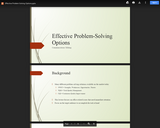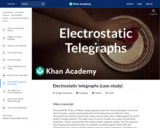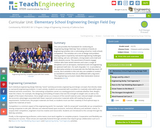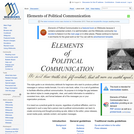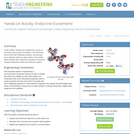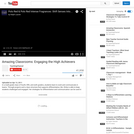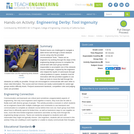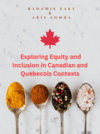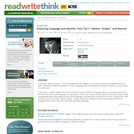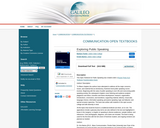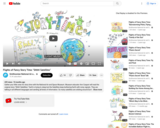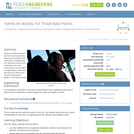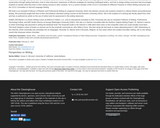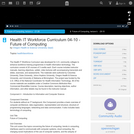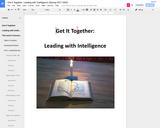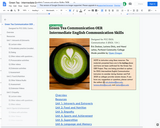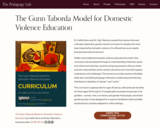Instructors: The Third Edition includes a set of test banks which are not available to the public. For access to these resources, please contact Dr. Barbara Tucker at btucker@daltonstate.edu.
Exploring Public Speaking: The Free College Public Speaking Textbook began as the brainchild of Dr. Kris Barton, Chair of the Department of Communication at Dalton State College. It also was made possible through a generous Textbook Transformation Grant in 2015 from Affordable Learning Georgia, a highly successful program of the University System of Georgia. Dr. Barton asked me to help him author/compile the text.
The goal was to provide a high-quality, usable, accessible, and low-cost textbook for the hundreds of students who take COMM 1110 at Dalton State College every year. This course is required of all degree-seeking students. We have been able to save students hundreds of thousands of dollars already with this text. Unexpectedly and happily, the text has also been downloaded close to 14,000 times (as of August 2018) all over the world and has been adopted at many other institutions.
Dr. Barton and I worked on creating the textbook from July 2015 until May 2016, with the goal of going live with the text in Summer of 2016. Tragically Dr. Barton passed away in early May, a reality that still does not seem real. He has been greatly missed as a friend, colleague, father, scholar, teacher, and mentor.
The launch of the book proceeded; however, due to the loss of Dr. Barton, the ancillaries were not finished. In Summer 2017 I took on a significant revision and updating which I named the Second Edition. I included in that edition information on college student success in the appendices. In January 2018, a colleague, Matthew LeHew, and I won a grant from the University System to create the ancillaries and improve the format for more accessibility. I decided to remove the “Dalton State” from the title and most examples for wider appeal. An appendix on library research retains the information for specific use of Roberts Library on our campus.
Over 90% of the book is original with Dr. Barton, me, or other colleagues at Dalton State College. Some parts, specifically from Chapters 9, 10, and 15, are adapted from another open resource public speaking text whose author prefers not to be cited.
This Third Edition, along with including necessary updates and being formatted with different software, includes four more appendices: one on online speaking, one on APA, one on humor and storytelling in public speaking, and one on Dalton State’s Library. I have also tried to clarify concepts, to provide “case studies” to show the rhetorical process, and include more outlines and examples.
We think this book is especially useful in coverage of PowerPoint, audience responsiveness, ethics in public speaking, special occasion speeches, and structure of speeches. Three ancillaries are available: electronic “flash cards” for study, Powerpoints on the 15 main chapters, and test banks for the 15 main chapters.
Thank you for downloading Exploring Public Speaking, and the co-authors and I truly wish you happy teaching and learning with it. We welcome input. If you choose to use it, let us know at btucker@daltonstate.edu.
